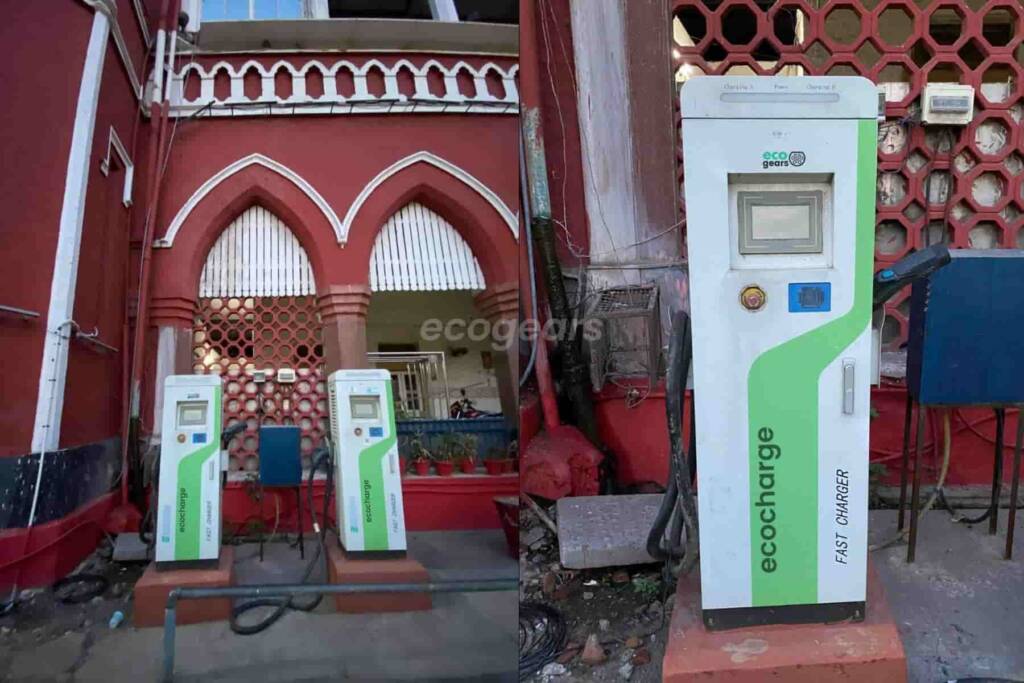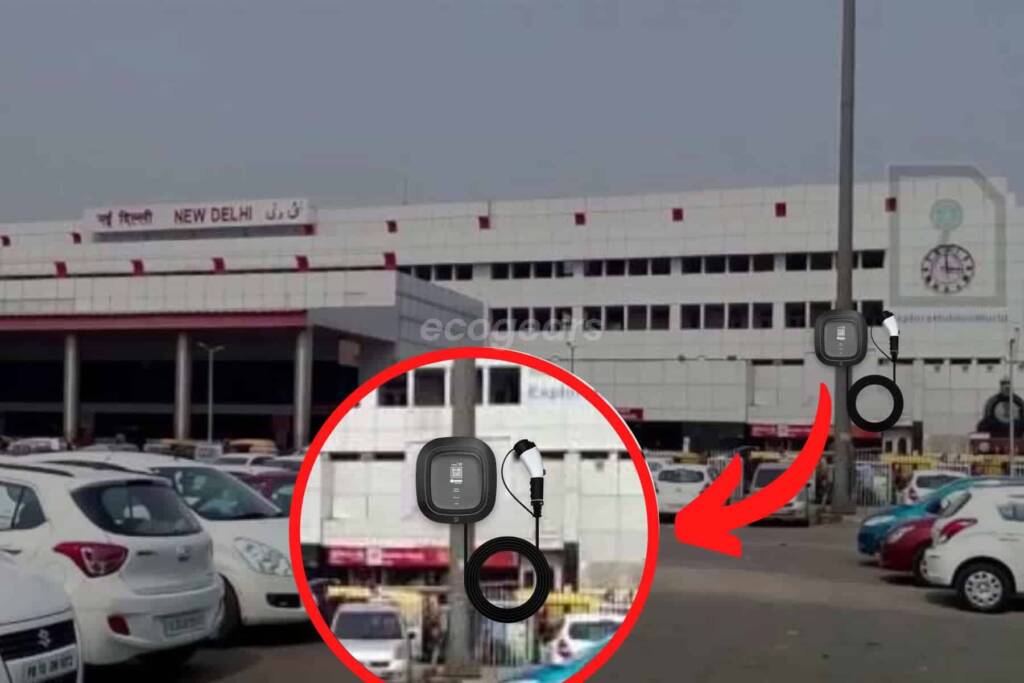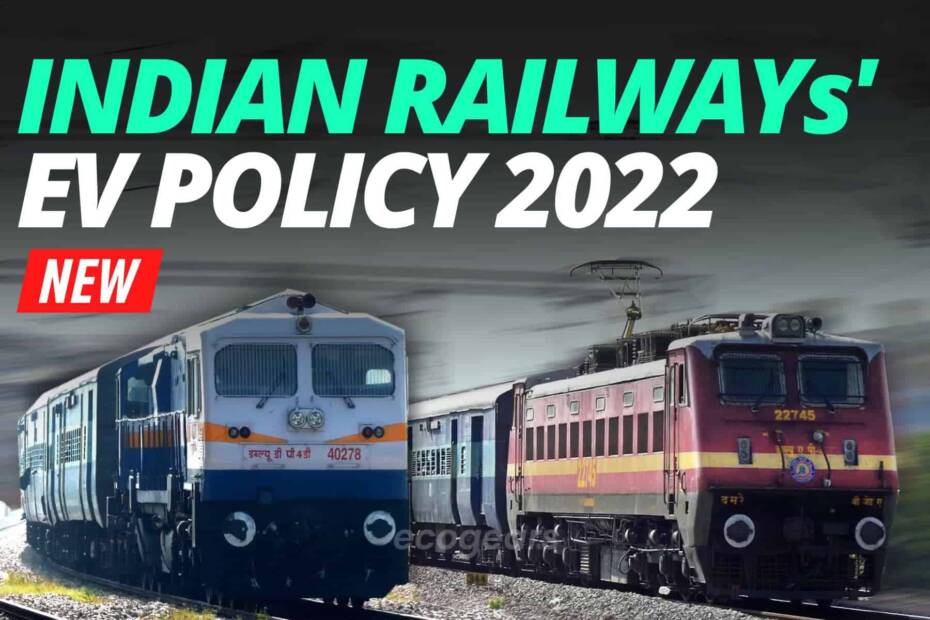Under Indian Railways’ new EV Policy, India is likely to witness the biggest migration from ICE-based vehicles to EVs in a government organization. IR plans to change its 20% fleet with EVs by 2023, 60% by December 2024, and 100% by 2025.
Highlights:
- Indian Railways’ internal use vehicles are to be replaced with electric vehicles by 2025.
- IR plans a two-prong policy, one to focus on EV adoption and the other to increase the rate of affordable and accessible EV charging infrastructure.
- Zonal officers are advised to identify locations in the railway premises for the installation of electric vehicle chargers.
To lessen the carbon footprint in the environment, Indian Railways has unrolled out a new EV policy on October 7, 2022, to accelerate the EV adoption as well as the development of EV charging infrastructure in the nation.
Under Indian Railway’s EV policy, IR has decided to replace all ICE-powered vehicles in the railway board, Workshops, and Production areas with EVs by 2025. Also, IR would create robust EV charging infrastructure at major railway stations, office buildings, and parking lots in cities with populations of more than four million.

Being a major transporter, Indian Railways have always been a major entity that would take forward GOI’s goal of EV adoption in the nation. IR has been a major catalyst for zero carbon emission with various changes like 100% electrification of broad gauge lines, and less energy consumption.
Now, with this new railway EV policy, IR aims to become a zero-carbon emitter by replacing its fleet with EVs and deployment of affordable EV charging infrastructure in India.
READ MORE:
Upon successful implementation, this will be the largest shift from ICE to EVs in any government organization, providing the greatest push so far for EV adoption and accessible charging infrastructure in India.
Indian Railway EV policy 2025
In the first phase, Indian Railways is likely to replace Railways’ internal use vehicles with electric within 2025.
According to the replacement roadmap, IR would replace 20% of its fleet with EVs by 2023, 60% by December 2024, and 100% by December 2025. Divisional office vehicles are exempted from the replacement due to the lack of charging infrastructure in remote areas.
Charging Infrastructure Development
In the first phase of implementation, Indian Railways will create affordable EV charging stations for visitors and the general public on its premises. To start, cities with a population of over four million will be taken up.
An update has already been provided to the managers of Zonal railways to identify locations in parking spaces and station premises for the installation of EV charging stations by the end of 2022 on a case-by-case basis.
According to the Indian Railways EV policy, EV Charging stations will be set up through central grants with railways owning the stations, or, under the investment of CPO with license rent payment to railways. In the first phase, a tender will be released for some of the megacities like-
- Delhi
- Mumbai
- Surat
- Bangalore
- Hyderabad
- Ahmedabad
- Chennai
- Kolkata
- Pune

In the second phase, likely to begin post-December 2025, all major cities with a population of more than one million will be taken up.
- How to Make the Switch to Electric Vehicles for Your Business: A Comprehensive Guide - February 14, 2024
- Best Tesla SSD USB Drive for Model 3, Model Y, and Model X: Sentry Mode and Dashcam - October 5, 2023
- Indian Railways’ New EV Policy 2022- Largest Mobility shift so far! - October 18, 2022

